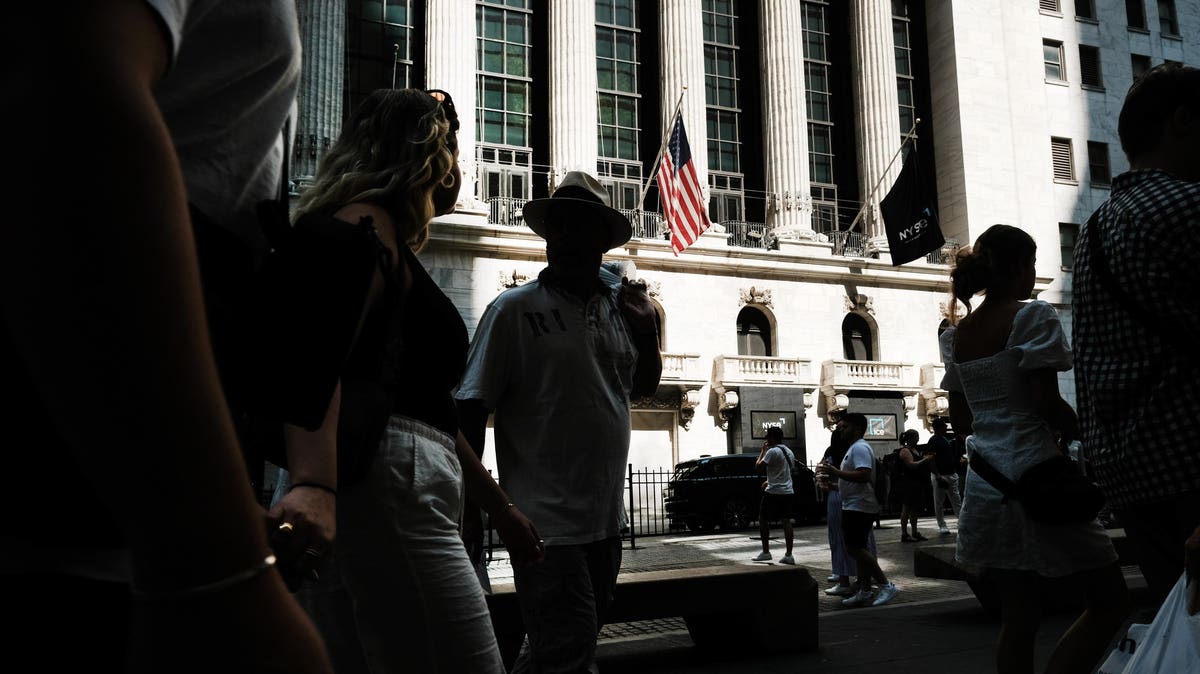Topline
Extreme weather caused by the first El Niño event in seven years could extinguish the scorching stock market, Charles Schwab cautioned this week, evoking a little-discussed factor that could potentially send inflation surging once again.
Key Facts
The economic effects of extreme weather events such as record temperatures globally and the Canadian wildfires, possibly soon to be accelerated by El Niño, “could be significant for both inflation and economic activity,” Jeffrey Kleintop, Charles Schwab’s chief global investment strategist, wrote Monday.
Though “weather rarely has a material impact on overall markets,” Kleintop predicts this time could be different given stocks’ elevated sensitivity toward inflation and the likelihood price hikes associated with severe weather will be concentrated in food and energy, as crop yields are threatened and energy grids feel the pain from people trying to stay cool.
The potential rise in food and energy prices would coincide with a growing sense of hope on Wall Street that inflation has subsided and the Federal Reserve and other central banks will curb their interest rate hike campaigns.
Kleintop notes the last El Niño event concurred with as much as a 15% decline in the S&P 500 between 2015 and 2016, though that crash proved to be short-lived and is not considered to be a direct result of weather.
Any such decline for U.S. equities would come as a significant surprise amid their broad rally: The S&P is up nearly 20% year to date and more than 40% of companies listed on the index have enjoyed multi-digit rallies.
Key Background
The United Nations’ World Meteorological Organization determined earlier this month that a new El Niño event has officially begun. El Niño occurs when Pacific Ocean water temperatures rise significantly above historic levels, typically bringing increased precipitation in the southern U.S. and higher temperatures in northern states, according to the National Ocean Service. In recent years, the Covid-19 pandemic and Russia’s war on Ukraine have contributed to rising inflation as well.
Big Number
$650 billion. That’s how much climate events cost the global economy from 2017 to 2019, according to Morgan Stanley.
Tangent
Last October, the Treasury Department created the Climate-related Financial Risk Advisory Committee to evaluate monetary risks associated with weather and climate events. “Assessing climate-related financial risk is a complex and important task, and I am grateful for the willingness of this committee to take on this work,” Treasury Secretary Janet Yellen said at the time.
El Niño Returns: UN Warns Of Upcoming ‘Surge’ In Global Temperatures And Extreme Heat (Forbes)
A Global Stock Trader’s Guide to More Extreme Weather Events (Bloomberg)
5 Worst Disasters – How Did the Stock Market React? (Nasdaq)
Read the full article here





